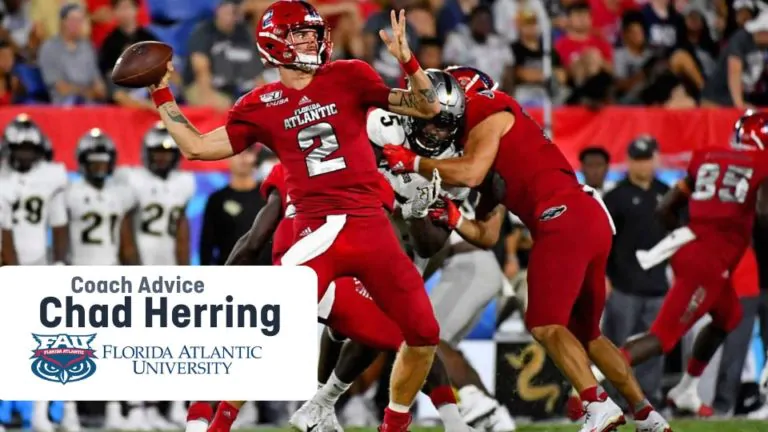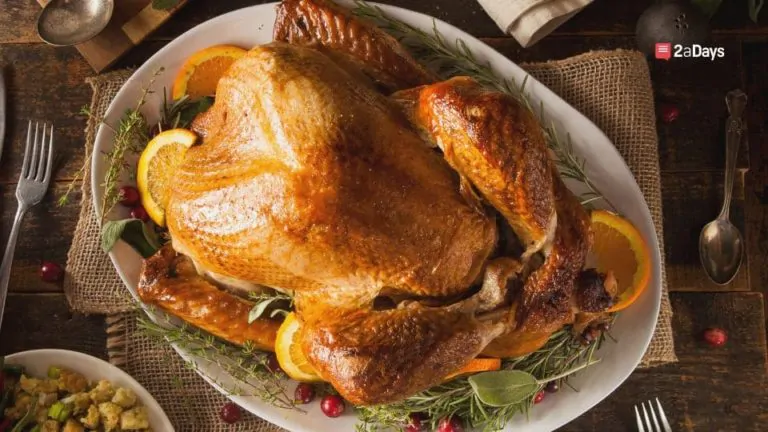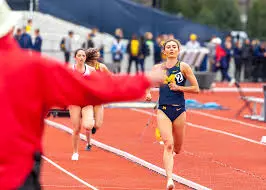Nutrition can be challenging for athletes in the winter. The cold temperatures, reduced sunlight, and increased demand on the body can impact energy levels, recovery, and overall well-being. To navigate these challenges successfully, student-athletes must adopt targeted nutrition strategies that fuel their bodies for optimal performance.
Below are a few key winter nutrition considerations and practical tips for student-athletes aiming to excel in the cold.
Hydration Matters
1. Stay hydrated
In the face of colder temperatures, maintaining adequate hydration remains crucial for winter athletes. The misconception that dehydration is only a concern in hot weather can lead to inadequate fluid intake. Cold temperatures and intense physical activity can increase the risk of dehydration. Furthermore, the dry winter air can contribute to increased respiratory water loss.
To combat dehydration, athletes should make a conscious effort to drink water regularly throughout the day. Carrying a reusable water bottle and sipping on water during training sessions is essential. Additionally, incorporating hydrating foods like fruits and vegetables into meals and snacks can contribute to overall fluid balance.
Fueling the Furnace
2. Consume enough calories
Cold weather increases the body's energy expenditure as it works harder to maintain core temperature. Consequently, student-athletes need to consume an adequate number of calories to meet their increased energy demands. This includes a balanced mix of macronutrients such as carbohydrates, proteins, and fats.
3. Carbohydrates and protein
Carbohydrates are especially crucial as they serve as the primary energy source for the muscles. Incorporating complex carbohydrates like whole grains, fruits, and vegetables into meals helps sustain energy levels during winter sports activities. Protein is essential for muscle repair and recovery, making it crucial for student-athletes engaged in demanding training sessions.
4. Fats
Fats play a role in providing sustained energy and insulating the body against the cold. Including sources of healthy fats such as avocados, nuts, and olive oil in the diet can support overall energy needs and optimize performance in winter conditions.
Boosting Immunity
Winter is notorious for the flu and cold season, posing an additional challenge to student-athletes aiming to stay in top physical shape. A strong immune system is essential for warding off illnesses that derail training plans and performance.
5. Vitamin C and D
Incorporating immune-boosting foods rich in vitamins and minerals is crucial. Vitamin C, found in citrus fruits, strawberries, and bell peppers, is known for its immune-supportive properties. Vitamin D, often lacking in the winter due to reduced sunlight exposure, can be obtained through fortified foods, such as breakfast cereals, bread, and yogurt, or through supplements.
6. Zinc
Additionally, zinc, found in foods like lean meats, beans, and seeds, plays a role in immune function. Encouraging student-athletes to consume a variety of nutrient-dense foods can help fortify their immune systems and keep them in the game.
Recovery Rituals
Recovery is a crucial aspect of any athlete's training regimen, and winter athletes are no exception. Cold weather can exacerbate muscle stiffness and increase the risk of injury. Implementing effective recovery strategies becomes even more critical during the winter months.
7. Post workout recovery
Post-exercise nutrition plays a pivotal role in replenishing glycogen stores and kickstarting the muscle repair process. Consuming a combination of carbohydrates and protein within the first 30 minutes to an hour after training can enhance recovery.
8. Sleep
In addition to nutrition, student-athletes should prioritize adequate sleep and rest. The body repairs and regenerates during sleep, making it an essential component of the recovery process. Encouraging athletes to establish consistent sleep patterns and prioritize quality sleep can contribute to enhanced performance and overall well-being.
Winter poses unique challenges for student-athletes, but with the right nutrition strategies, they can continue to perform at their best. Hydration, proper fueling, immune support, and effective recovery techniques are integral components of a comprehensive winter performance nutrition plan. By incorporating these strategies into their daily routines, student-athletes can not only navigate the cold season successfully but also excel in their chosen winter sports, setting the stage for success both on and off the field.







